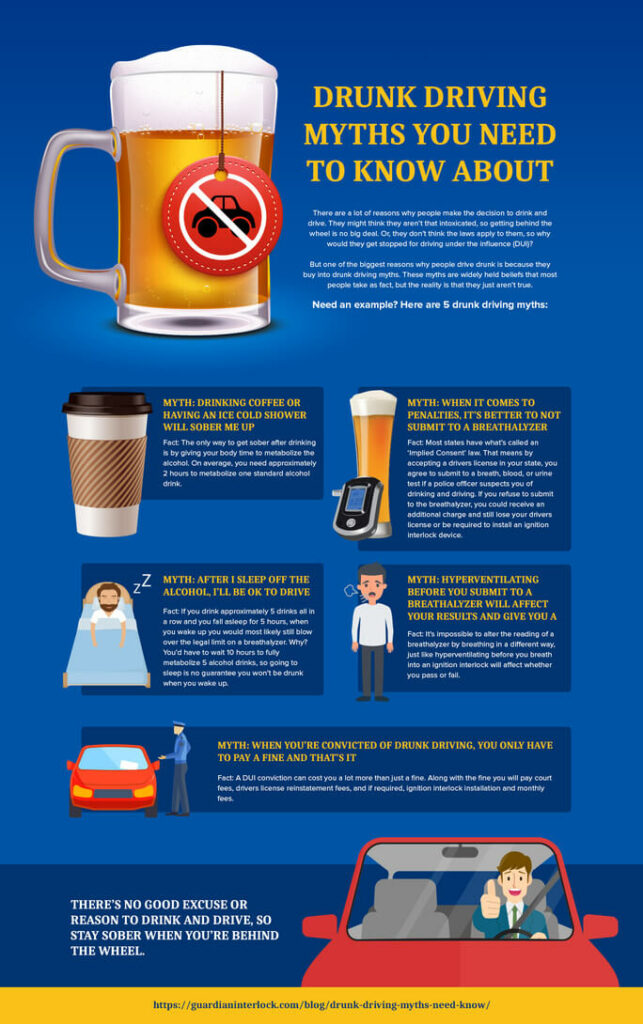Discover the surprising truth about alcohol consumption levels and impairment, explained by a knowledgeable DUI lawyer. You won’t believe the results!

Image courtesy of MedPoint 24 via Pexels
Table of Contents
Grabbing a drink with friends is a common social activity. Whether you’re at a bar, a party, or just relaxing at home, the question of how many beers it takes to get drunk is a topic that many people ponder. In this blog post, we will delve deep into the factors that influence alcohol intoxication and explore the science behind it.
Understanding Alcohol Metabolism
Alcohol metabolism is a complex process that occurs in the liver. When you consume alcohol, it is broken down by enzymes in the liver into acetaldehyde, which is then further metabolized into acetate. The rate at which your body metabolizes alcohol plays a significant role in determining how quickly you feel its effects.
One key factor to consider is blood alcohol concentration (BAC). BAC is a measure of the amount of alcohol in your bloodstream. The legal limit for driving under the influence in most states is 0.08% BAC. The higher your BAC, the more intoxicated you will feel.
Several factors can influence how quickly your body metabolizes alcohol. These include your age, weight, sex, and overall health. Generally, women tend to metabolize alcohol more slowly than men, and individuals with a higher body weight may feel less intoxicated after consuming the same amount of alcohol as someone with a lower body weight.
Individual Tolerance Levels
tolerance to alcohol refers to the body’s ability to adapt to the effects of alcohol over time. If you regularly consume alcohol, your body may become more tolerant to its effects, requiring you to drink more to feel the same level of intoxication. However, tolerance is not a license to drink excessively, as it can lead to increased health risks and alcohol dependence.
Genetics also play a role in determining individual tolerance levels. Some individuals may have genetic variations that affect how their bodies metabolize alcohol, making them more or less susceptible to its effects. Additionally, factors such as medications, food consumption, and overall hydration levels can influence how intoxicated you feel after drinking.
Influential Factors in Intoxication
One important factor to consider is food consumption. Eating a meal before or while drinking can help slow down the absorption of alcohol into your bloodstream, leading to a slower onset of intoxication. Similarly, staying hydrated and drinking water between alcoholic beverages can help reduce the likelihood of feeling drunk.

Image courtesy of arizdui.com via Google Images
Another influential factor is the combination of alcohol with other substances, such as medications or drugs. Mixing alcohol with certain substances can have dangerous and unpredictable effects on your body, increasing the risk of overdose or other adverse reactions.
Mental health also plays a significant role in how alcohol affects an individual. People may use alcohol as a coping mechanism for stress, anxiety, or depression, which can lead to excessive drinking and alcohol abuse. It’s essential to address any underlying mental health issues and seek help if you find yourself using alcohol as a way to cope with emotional distress.
Conclusion
In conclusion, the question of how many beers it takes to get drunk is a complex one that is influenced by a variety of factors. Understanding how alcohol is metabolized, individual tolerance levels, and influential factors in intoxication is crucial for making informed decisions about drinking responsibly.
It’s important to remember that alcohol affects everyone differently, and there is no one-size-fits-all answer to the question of how many beers it takes to get drunk. It’s essential to know your limits, pace yourself when drinking, and seek help if you or someone you know is struggling with alcohol misuse.
For those who may be concerned about their alcohol consumption or need assistance, there are resources available, including counseling services, support groups, and treatment programs. Remember to drink responsibly and prioritize your health and well-being above all else.
How does tolerance to alcohol affect intoxication levels?
Tolerance to alcohol can increase over time, requiring individuals to drink more to feel the same level of intoxication. However, this can lead to health risks and alcohol dependence. It’s crucial to monitor alcohol consumption and be aware of the potential dangers of excessive drinking.
What role does genetics play in alcohol tolerance?
Genetics can influence how the body metabolizes alcohol, making some individuals more or less susceptible to its effects. Genetic variations can impact alcohol tolerance levels, affecting how quickly one feels intoxicated. Understanding your genetic predisposition can help you make informed decisions about alcohol consumption.
How does food consumption impact alcohol intoxication?
Eating a meal before or while drinking can slow down the absorption of alcohol, leading to a slower onset of intoxication. Staying hydrated and drinking water between alcoholic beverages can also help reduce the likelihood of feeling drunk. Paying attention to food and hydration can play a significant role in responsible drinking.
What are the risks of mixing alcohol with other substances?
Mixing alcohol with medications or drugs can have dangerous and unpredictable effects on the body. Combining alcohol with certain substances can increase the risk of overdose or adverse reactions. It’s essential to be cautious and informed about the potential dangers of mixing alcohol with other substances.
Generated by Texta.ai Blog Automation
Leave a Reply